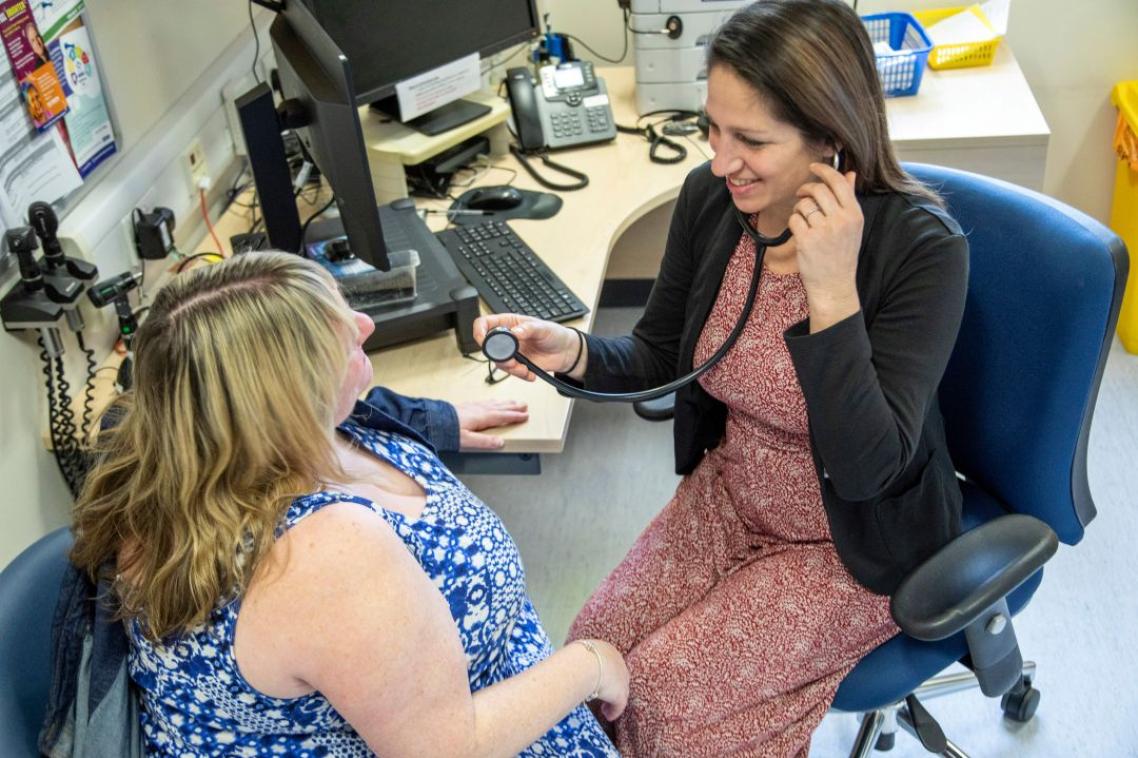Chinese medicine may hold the key to treating diabetes
Traditional Chinese medicine could be a key weapon in the treatment of type 2 diabetes, a joint international study has found.
Researchers, including The University of Queensland’s Dr Sanjoy Paul and Peking University’s Professor Lilong Ji from Beijing, have found that conventional drugs were significantly more effective when used alongside traditional Chinese medicine in the treatment of type 2 diabetes.
The study involved a controlled clinical trial of 800 type 2 diabetic adults, comparing anti-diabetic drug Glibenclamide as a stand-alone treatment and treatment with Glibenclamide in conjunction with traditional Chinese medicine.
Dr Paul, who is Director of the Queensland Clinical Trials and Biostatistics Centre in UQ’s School of Population Health, said results showed patients treated with traditional Chinese medicine were more than a third less likely to experience hypoglycaemia – dangerously low levels of blood sugar – than those treated with Glibenclamide only.
“They were also less likely to experience other symptoms of diabetes, including fatigue, hunger and palpitation,” Dr Paul said.
“Traditional Chinese medicine has long been used to treat diabetes in China and around the world but until now there has been a lack of evidence regarding its safety and efficacy.
“This absence of scientific understanding has caused scepticism and criticism about traditional Chinese medicine.”
Dr Paul said more studies were needed to interpret just how traditional Chinese medicine worked to reduce hypoglycaemia, but the study results highlighted its potential to reduce the treatment gap in developing countries where diabetes was at epidemic proportions.
“A vast majority of people in developing countries depend on herbal medicine for basic health care,” Dr Paul said.
“The findings of this study may improve the safe delivery of effective health care to people who may otherwise be unable to access treatment.”
The study is the largest scientifically designed clinical trial evaluating the safety and efficacy of traditional Chinese medicine on glycaemic control in patients with type 2 diabetes.
The paper is published in PLOS One.
Media: Vanessa Mannix Coppard, +61 42 420 7771, v.manixcoppard@uq.edu.au or Dr Sanjoy Paul +61 7 3176 5809, s.paul@sph.uq.edu.au.
Topics
Related articles

Nature versus nurture question addressed in landmark study

A better way to assess cardiovascular health
Media contact
UQ Communications
communications@uq.edu.au
+61 429 056 139
